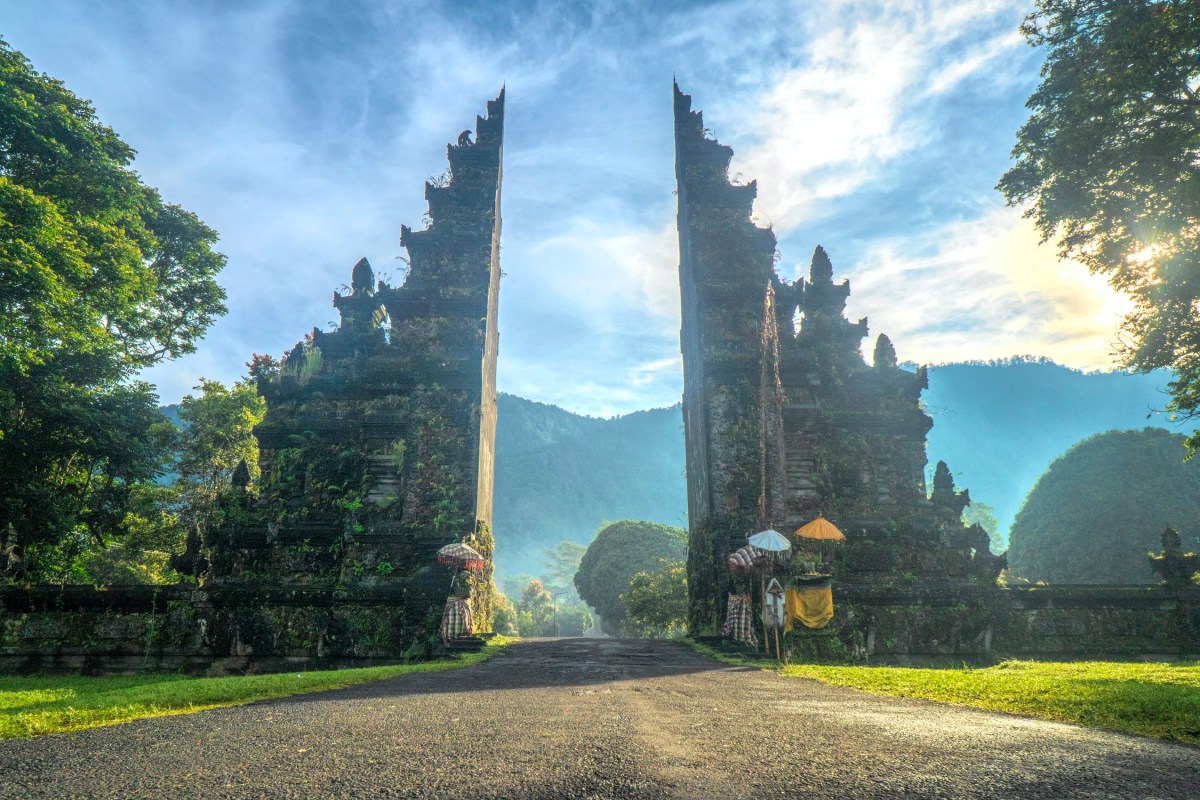Bali, June 3 (AseanAll) — Indonesia's Bali island is a world-famous tourist destination, attracting many international tourists, but some foreign tourists are misbehaving.
To address this, Bali authority has implemented strict measures. All foreign visitors now receive an official "Do's and don 'ts" card upon arrival at Bali's airport. This card Outlines the behavior and specific rules that guests should follow during their stay.

Governor Wayan Koster of Bali issued a circular on May 31, outlining a set of 12 obligations and 8 restrictions for international travelers. The purpose of these guidelines is to ensure a respectful and responsible approach to tourism on the island.
The obligations include showing respect for sacred temples, statues, customs, arts, and culture, as well as adopting modest dress when visiting sacred areas and tourist attractions. Additionally, politeness, compliance with traffic laws, and conducting transactions using the Indonesian rupiah are emphasized.
On the other hand, the list of restrictions encompasses actions such as trespassing on sacred land, climbing sacred trees, and engaging in behaviors that defile sacred places, including indecent or nude photography.
“I ask all parties to seriously understand, implement and socialize this circular letter to all staff and foreign tourists visiting Bali,” Koster said.
Travelers are also expected to refrain from using single-use plastics and from uttering offensive words or acting aggressively towards government officials, local communities, or fellow tourists. Lastly, engaging in work without the proper permits is strictly prohibited.
“The card contains what is allowed and what is not allowed to be done in Bali.”
DO'S
1、Respect the sanctity of temples, pratimas (sacred statues), and religious symbols;
2、Wholeheartedly respect the customs, traditions, arts, culture, and local wisdom of the Balinese people during ongoing ceremonial processions and rituals;
3、Dress modestly, appropriately, and respectfully when visiting sacred areas, tourist attractions, public places and engaging in activities in Bali;
4、Behave politely in sacred areas, tourist areas, restaurants, shopping areas, roads, and other public places;
5、Be accompanied by licensed tour guides (who understand the natural conditions, customs, traditions, and local wisdom of the Balinese people) when visiting tourist attractions;
6、Exchange foreign currency at authorised money changers (both banks and non-banks) that are officially licensed and display the authorisation number and QR code logo from Bank Indonesia;
7、Make payments using the Indonesian Standard QR code (QRIS);
8、Conduct transactions using the Indonesian rupiah;
9、Comply with the applicable traffic laws in Indonesia, including possessing a valid international or national driving license, obey traffic rules, dress modestly, wear a helmet, follow traffic signs, not exceed passenger capacity, and no driving under the influence of alcohol or illegal drugs;
10、Use four-wheeled transportation that is roadworthy and officially registered or two-wheeled transportation that is operated by a legal business entity or association for two-wheeler rentals;
11、Stay in accommodations that possess the required permits according to applicable regulations;
12、Adhere to all specific provisions/rules that apply to each tourist attraction and tourist activity.
DON’TS
1、Trespass sacred territories: Steer clear of utamaning mandala and madyaning mandala, holy and sanctified spots like puras and pelinggihs — unless you’re there for a Balinese traditional ceremony, during which you must wear the appropriate attire, and you’re not menstruating;
2、Touch sacred trees;
3、Engage in behaviour that defiles sacred places, temples, idols, and religious symbols, such as climbing sacred structures and taking indecent or nude photos;
4、Litter and pollute lakes, springs, rivers, seas, and public areas;
5、Use single-use plastics like plastic bags, polystyrene (styrofoam), and plastic straws;
6、Utter offensive words, behave disrespectfully, cause disturbances, and act aggressively towards government authorities, local communities, and fellow tourists, both directly and indirectly through social media, including spreading hate speech and hoaxes;
7、Engage in work or business activities without proper documentation issued by the relevant authorities;
8、Get involved in illegal activities, such as trading illegal goods, including endangered flora and fauna, cultural artefacts, and sacred objects, as well as illegal drugs.